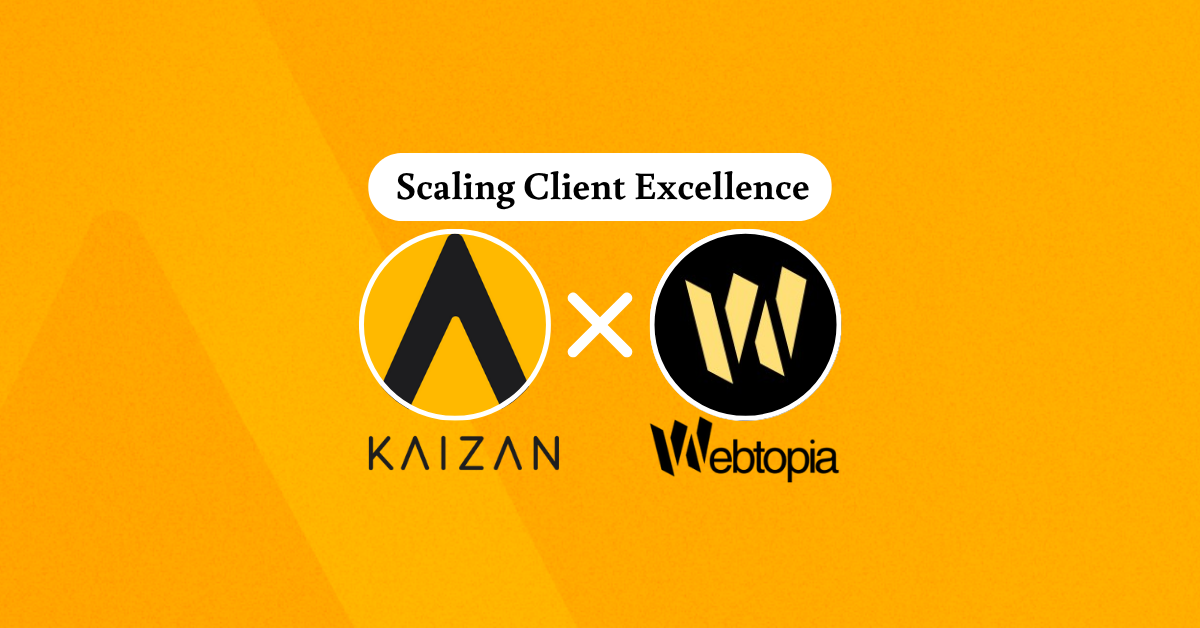How NLP will Impact Client Service and Client Success

How NLP will Impact Client Service and Client Success
Client Success teams face a difficult challenge. They have to understand the needs and behaviour of clients in order to provide a better service than competitors. This is made more difficult by mundane tasks which, while vital to the client journey, take time away from the really valuable work of interacting with the client.
Ironically, this deeply human and empathetic work can now be supported through artificial intelligence. Natural Language Processing (NLP) has the potential not only to lighten the workload but to help teams retain and grow their clients’ revenue. So what is NLP, and how can it work for you?

NLP Successes for Client Success Teams
Client Success work requires complex analysis, empathy, and human insight to ensure a smooth client journey and to build lasting relationships. This is the sort of work that relies on human instincts and an understanding of emotions, so leaning on technology doesn’t come naturally to many client success teams.
Because of this, client Success teams are still in the early days of applying NLP, and the technology’s potential in this area has yet to be fully realized. For many people, it’s not even a consideration yet.
But early adopters are already seeing the benefits of this cutting-edge technology for both client retention and customer support.
Streamlining B2B Client Management
NLP has the power to automate key tasks and processes, streamlining the work and freeing up your team’s time to focus on where their skills lie: working with clients.
NLP analyses large amounts of natural language data. It mimics the human process of reading comprehension, using contextual nuance to extract insights from the documents you provide. Those documents could be anything from the works of Joyce to an overcrowded inbox, and it’s in the latter kind of work that NLP can help Client Success and Service teams.
By analysing your communications and other client data, an NLP system like Kaizan can carry out much of the grunt work of client management. It extracts information to fill out your records and identify action items, saving time for your valuable team members. It’s like having an assistant who can scan through your inbox in a second, effortlessly following the threads of conversations and picking out the important details.
Using the time this saves, your team can develop better relationships with clients and help them achieve their goals. It’s a more efficient experience for both the team and the clients.
Improving Client Health and Retention
NLP doesn’t just reduce the friction of administrative tasks. It allows you to identify hidden problems and improve client health and retention.
As George Mead of Fnatic has pointed out, growth in online working has made it harder to maintain relationships with clients. Relying on video calls and emails, you lose a human connection. It’s easier for problems to slip through the cracks and go unaddressed until it’s too late.
With the right software, those same electronic communications can restore the lost connection.
Imagine that you’re working with a client. You have six months’ worth of correspondence and call transcripts, all carefully collated. Theoretically, if you had time to go through them all, to pick apart the client’s responses and identify patterns in their behaviour, then you’d learn things that weren’t visible in the moment. You’d spot problems they haven’t addressed with you yet and conversations that never reached a satisfactory conclusion. But going through that much material would take weeks of work and mean neglecting other clients.
The right NLP software can sift through all that data, finding patterns, connections, and previously hidden insights. As Aggie Dawborn of Google Marketing Platform has pointed out, finding common themes in your client interactions leads to better relationships. This is precisely the sort of work that NLP is suited to. It brings unnoticed issues to the surface so that you can discuss them with clients, pre-empt problems, and maintain strong relationships. This detail-focused work prevents churn and keeps valuable clients on your books.
Addressing Unspoken Needs
Every client has needs that they haven’t raised with you. Perhaps they don’t recognise the need. Perhaps they don’t realise its importance. Perhaps it’s so fundamental to them that they’ve never thought to spell it out.
Through its ability to recognise patterns, NLP can help teams understand these unspoken needs. By pointing out patterns in your relationship with the client, it inspires human insights from the Client Success team, bringing unseen needs into focus.
This lets the team take a more personal and effective approach to the client. By addressing needs that the client hasn’t even raised, your team can not only satisfy but delight. It’s a chance to show the client better ways of using your products, increasing their reliance on and satisfaction with your services. It can even provide opportunities to sell new products, to meet these previously unacknowledged needs.
NLP won’t upsell for you, but it will spot opportunities.
Positioning Your Team for Success
Though the technology has been decades in the making, the application of NLP to business processes, and particularly to Client Service and Client Success, is relatively new. It’s a technology that has proven its capabilities but isn’t yet widespread.
Adopting this technology can take your team to the next level. By reducing the burden of mundane tasks, NLP frees up a client success team to focus on building better client relationships and helping clients to achieve their goals. You’ll get better value from your team because more of their time will be spent deploying the interpersonal skills you employed them for, skills a computer can never replicate. NLP can even enable teams to better understand their clients, by pre-empting problems and expressing unspoken needs.
As the use of NLP grows, its impact on Client Success teams will become more pronounced. Those who embrace this transformative technology now will be a step ahead in delivering unparalleled service to clients in the future.



